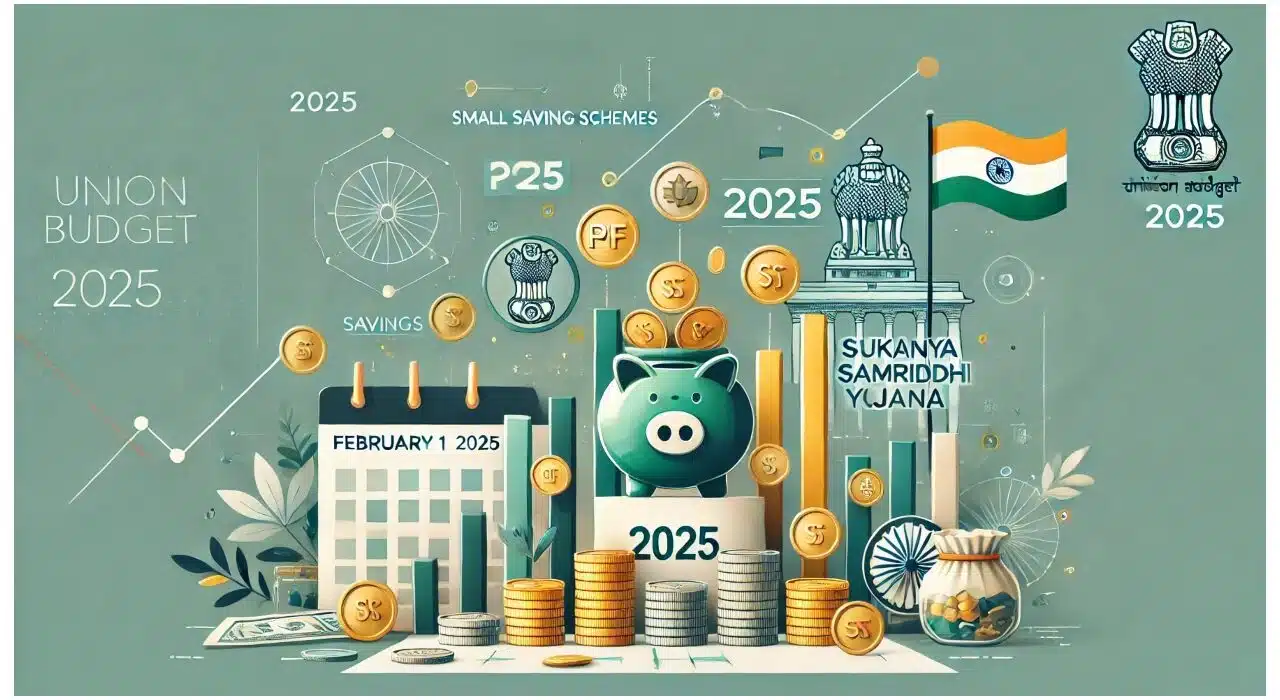The Union Budget 2025, which is set to be announced on February 1, will likely have a significant impact on small saving schemes such as the Public Provident Fund (PPF), National Savings Certificate (NSC), and Sukanya Samriddhi Yojana (SSY). Changes in tax policies and interest rates may change the shape of these schemes, thus becoming a hotspot for investors. Discussions about the Union Budget 2025 impact on small saving schemes have already begun among financial analysts and savers.
Central Government Update: Stability and Possible Changes in Saving for Small Schemes
The Central government maintained interest rates for small saving schemes unchanged in the December update for the fourth consecutive quarter. PPF remains at 7.1%, NSC at 7.7%, and SSY at 8.2% for the period from January to March 2025. However, for investor returns as against central fiscal discipline, there is every likelihood of changes in the Budget 2025.
According to financial analysts, these plans may see some realignments due to inflationary pressure and the new priorities of the economy. The middle class can hope for the adjustment of interest rates and tax slabs, said Shravan Shetty, managing director at Primus Partners.
Decline in Collections and Changing Preferences
Recent trends show a decline in small saving scheme collections. According to government data, the revised estimate for small savings in FY25 is Rs. 4.2 lakh crore, compared with Rs. 4.7 lakh crore in FY24. This decline partly reflects the growing preference for the new tax regime, which provides lower tax rates without exemptions. More than 70% of taxpayers chose the new system in FY24, thereby reducing contributions to small saving schemes.
Union Budget 2025 Will Be a Lifeline for Small Investors and Investing Schemes
Despite these challenges, small saving schemes are still a must for long-term wealth building because of their guaranteed returns and tax benefits under Section 80C. The Union Budget 2025 is likely to address the changing needs of investors, ensuring that these schemes remain competitive while supporting fiscal objectives.
Also, see: Artificial Intelligence to be the talking point of Union Budget 2025
